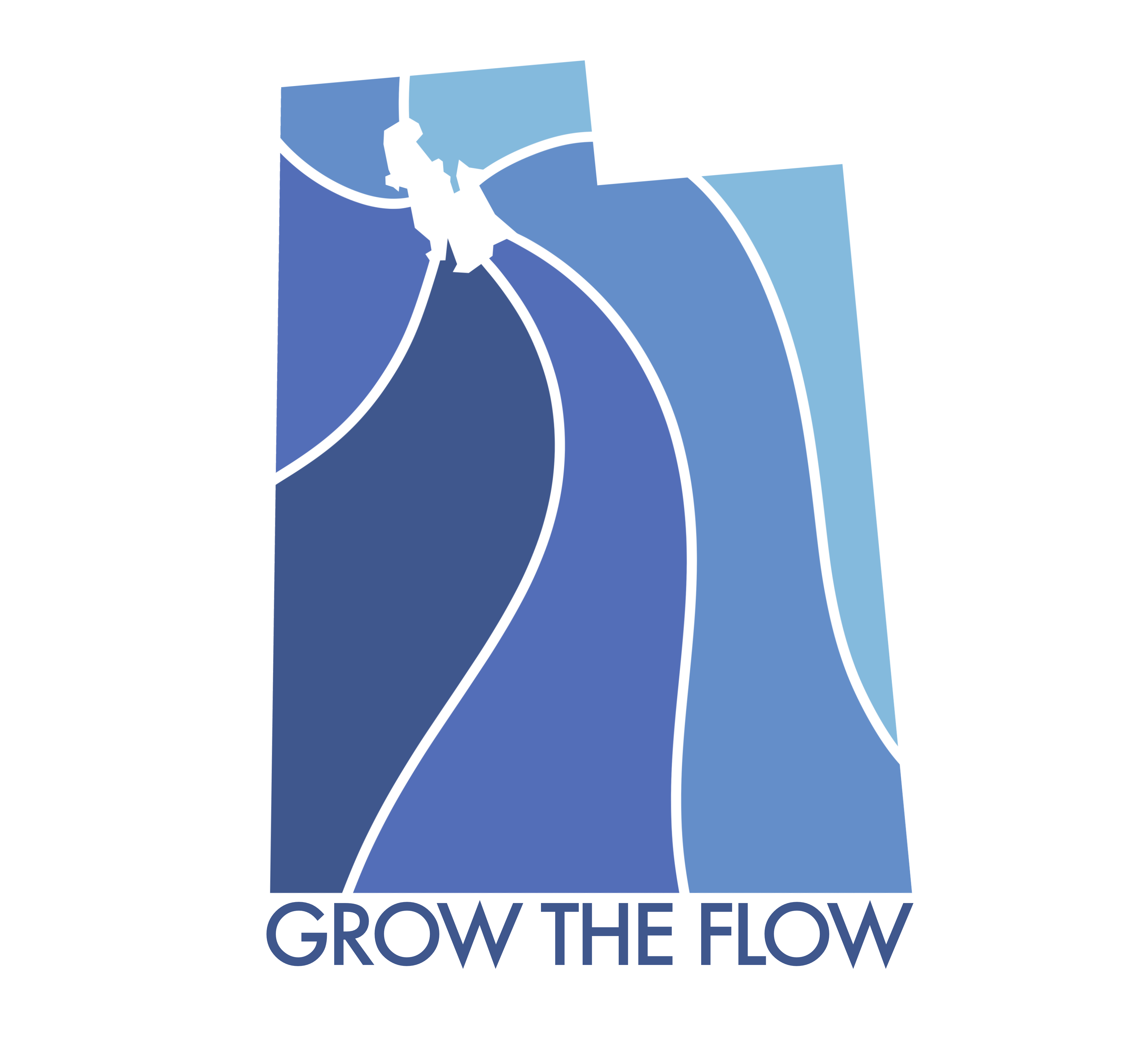Photo credit: Logan Gardner
“The Great Salt Lake is drying up!” “Are we all going to die in 5 years?”
Maybe you’ve heard this statement or asked this question before. I have. If you’re not an ecologist, it can be hard to understand what’s actually going on. Hopefully this article can help you understand a little bit more about what people mean when we say, the Great Salt Lake is drying up. It may mean more than you think.
I got involved with saving the lake in June of 2023, nearly 6 months ago. When I joined, I knew almost nothing. In the beginning, understanding the problem was hard because not every news article and not even every research paper can give the full picture.
Frequently, we see the phrase, “the lake is drying up.” However, as someone who is not an environmental scientist or ecologist, I thought this meant there will be zero water in the lake in five years. However, what scientists are warning about in five years is something called ecological collapse. Ecological collapse refers to moving beyond a boundary where the ecosystem no longer functions because of the massive loss of life. Loss of plant, animal, and eventually, human life. Most of the time, ecological collapse is irreversible or super expensive to fix and mitigate.
With the Great Salt Lake, you may have heard about brine shrimp or one of the many species of migratory birds that visit the lake. These species are part of the ecosystem that is Great Salt Lake. If lake levels continue to decline, the brine shrimp population will largely be destroyed because of high salinity. Next, the birds will decline because they feed on the shrimp.
What does that have to do with us? If the GSL ecosystem breaks, the surrounding life also declines. Here in Utah, it would lead to worse air quality, less of the “best snow on Earth,” higher food costs, poor economic health, a rise in government spending towards the environment, and a decrease in freshwater supply.
So, what can you do to stop all that from happening?
First, learn more about the lake! Take even just 15 minutes to read a few more articles and fact check your assumptions. A note for this blog, these articles are published by people who have done the work to find the reputable sources and synthesize the information. A lot of us are college students and professors who love research.
Next, talk to your friends and family. See what they know about Great Salt Lake and ask them what they are doing to learn about and save the lake. Another great action to take–join the Grow the Flow movement if you haven’t already! And invite someone else to join too!
Finally, pay attention to your legislators and representatives. Saving the lake is a big task and it requires systemic change. That means policy needs to change. Reach out to your legislator and learn what they are doing to save the lake! Tell them this is an issue that’s important to you.
I hope this article helped you better understand what’s going on at Great Salt Lake. Consider sharing this article with a friend or commenting your thoughts and questions below! We’d love to answer them! Let’s save the lake!!
Eliza Hammond is a senior at Brigham Young University studying Cell Biology and works for the BYU Ballard Center for Social Impact as a Social Impact Research Lab Manager. She’s been working on saving the lake for 6 months and is excited about the possibilities. She wants to invite you to join Grow the Flow and bring your friends along!
Sources:
Orback, J. (2023, August 24). Ecological collapse. Global Challenges Foundation. https://globalchallenges.org/global-risks/ecological-collapse/#:~:text=When%20soil%20quality%2C%20freshwater%20supply,and%20potentially%20even%20global%20conflict.
Perrin, S. (2020, November 4). What exactly does ecosystem collapse mean?. Ecology for the Masses. https://ecologyforthemasses.com/2020/10/16/what-exactly-does-ecosystem-collapse-mean/
